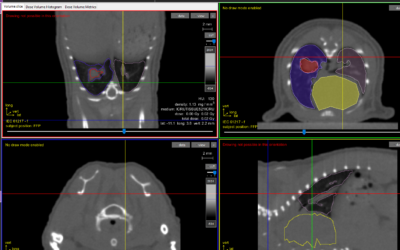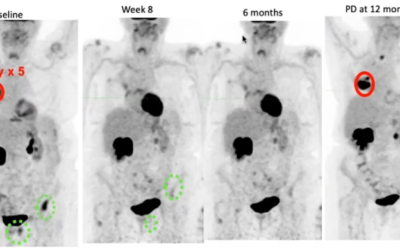Bladder drug delivery via catheter instillation is a widely used treatment for recurrence of superficial bladder cancer. Intravesical instillation of liposomal botulinum toxin has recently shown promise in the treatment of overactive bladder and interstitial cystitis/bladder pain syndrome, and studies of liposomal tacrolimus instillations show promise in the treatment of hemorrhagic cystitis. Liposomes are lipid vesicles composed of phospholipid bilayers surrounding an aqueous core that can encapsulate hydrophilic and hydrophobic drug molecules to be delivered to cells via endocytosis. This review will present new developments on instillations of liposomes and liposome-encapsulated drugs into the urinary bladder for treating lower urinary tract dysfunction.
Joseph J. Janicki, Michael B. Chancellor,* Jonathan Kaufman, Michele A. Gruber, and David D. Chancellor
Download Paper
SARRP Research Spotlight: Dr. George Wilson
George Wilson, PhD, Chief, Radiation Biology, William Beaumont Hospital Radiation Biology focuses on translational research in the areas of new treatments, combined modalities, and stem cell biology. The group has a heavy emphasis on incorporating molecular,...






